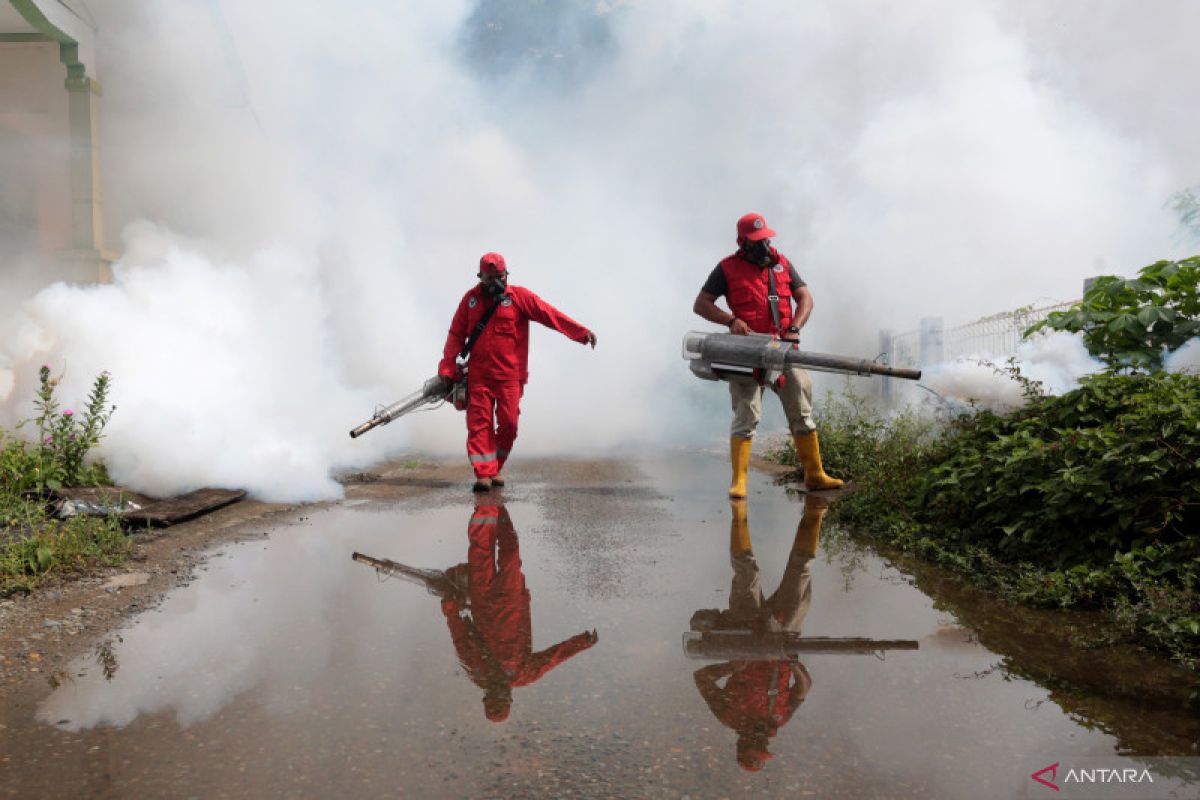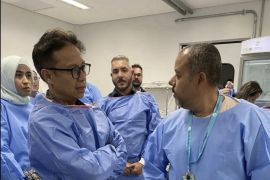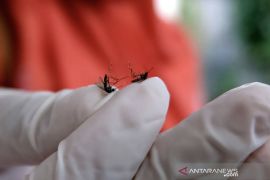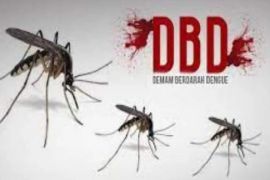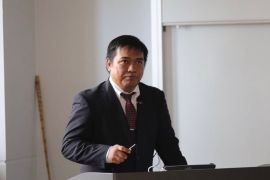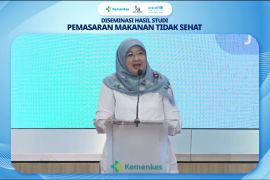"We must carry out new innovations. Our national strategy allows for the implementation of Wolbachia technology," said Maxi Rein Rondonuwu, the ministry's Director-General of Disease Prevention and Control (P2P), while opening the event in Bogor, West Java, on Tuesday.
According to the World Mosquito Program (WMP) website, Wolbachia is an extremely common bacteria that occurs naturally in 50 percent of insect species, including some mosquitoes, fruit flies, moths, dragonflies, and butterflies.
When Aedes aegypti mosquitoes carry Wolbachia, the bacteria compete with viruses like dengue, Zika, chikungunya, and yellow fever.
This makes it harder for viruses to reproduce inside the mosquitoes, and as a result, the mosquitoes are much less likely to spread viruses from person to person.
WMP breeds Wolbachia mosquitoes and, in partnership with local communities, releases the mosquitoes into areas affected by mosquito-borne diseases.
Based on the results of trials conducted in Yogyakarta since 2017, Wolbachia has been shown to immobilize the dengue virus in the body of Aedes aegypti mosquitoes, thereby preventing the virus from infecting humans, Rondonuwu added.
"Yogyakarta has implemented it, and it was successful. We will develop it in stages starting with provincial capitals," he informed.
He said that the technology developed by WMP in Yogyakarta will be expanded to West Jakarta and Bandung City. The similar program is also running in Semarang, Bontang, Kupang, and Bali.
He also urged the participants attending the event to discuss the government's plan to implement dengue vaccination as a national program.
The vaccine is currently still in the development stage after obtaining a distribution permit and technical guidance from the Indonesian Food and Drug Supervisory Agency (BPOM).
"We are still studying to make dengue vaccination a routine government program, starting with an introduction to the community and further study," he disclosed.
The technical study of the dengue vaccine involved the Indonesia Technical Advisory Group on Immunization (ITAGI), BPOM, and other experts for suggestions regarding the safety and efficacy of the vaccine as a national program.
This year's event with the theme of "Realizing a Dengue-Free Indonesia" was attended by around 1,000 participants from central and regional governments, professional organizations, experts, and community leaders.
Related news: ASEAN Dengue Day proof Indonesia serious about tackling disease
Related news: Wolbachia nature-based strategy in fight against dengue: Ministry
Translator: Andi Firdaus, Resinta S
Editor: Anton Santoso
Copyright © ANTARA 2023
